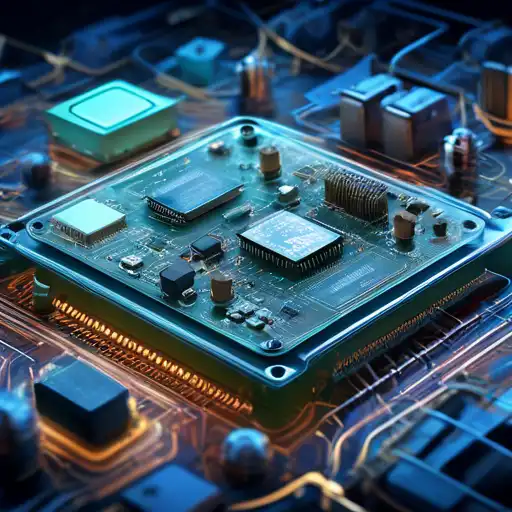The Hidden Intelligence: How Embedded Systems Power Our Smart Devices
In the digital age, smart devices have become ubiquitous, seamlessly integrating into our daily lives. From smartphones to smart refrigerators, these devices rely on a critical component that often goes unnoticed: embedded systems. These specialized computing systems are the brains behind the operation, enabling devices to perform dedicated functions with efficiency and reliability.
Understanding Embedded Systems
Embedded systems are microprocessor-based computer hardware systems with software designed to perform a dedicated function, either as an independent system or as a part of a larger system. At the core of an embedded system is its ability to perform real-time operations, making it indispensable in the realm of smart devices.
The Role of Embedded Systems in Smart Devices
Smart devices, by definition, are equipped with connectivity features that allow them to interact with users and other devices. Embedded systems facilitate this interaction by processing inputs and generating outputs in real-time. For instance, in a smart thermostat, the embedded system processes temperature data and adjusts the heating or cooling system accordingly, all without human intervention.
Key Features of Embedded Systems
- Real-time operation: They are designed to respond to inputs immediately, which is crucial for applications like medical devices and automotive safety systems.
- Low power consumption: Many smart devices are battery-powered, making energy efficiency a priority.
- Compact size: Their small footprint allows them to be integrated into devices without adding bulk.
- Reliability: Embedded systems are built to perform their tasks consistently over long periods.
Challenges and Innovations
Despite their advantages, embedded systems face challenges such as security vulnerabilities and the need for continuous updates. However, innovations like IoT security enhancements and energy-efficient designs are addressing these issues, paving the way for more advanced and secure smart devices.
The Future of Embedded Systems
As technology evolves, so do embedded systems. With the advent of AI and machine learning, these systems are becoming smarter, capable of learning from user behavior to provide personalized experiences. The future promises even greater integration of embedded systems in our lives, making smart devices more intuitive and efficient.
Embedded systems may not be visible to the naked eye, but their impact is undeniable. They are the silent workhorses powering the smart devices that make our lives easier, safer, and more connected. As we continue to push the boundaries of technology, embedded systems will undoubtedly play a pivotal role in shaping the future of smart devices.
